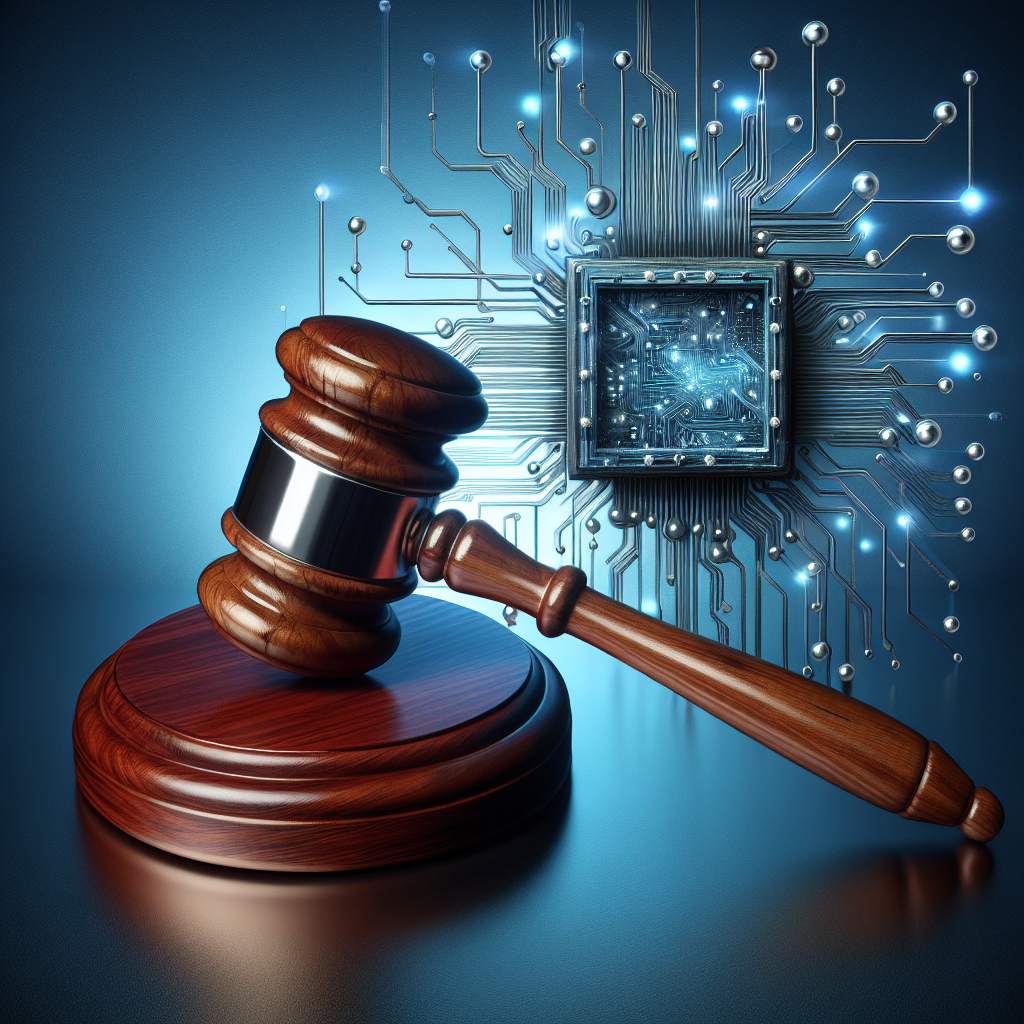Introduction
Today, new technologies have revolutionised the way in which judicial processes are carried out, including criminal law. The digitalisation of society has generated new challenges and opportunities for law enforcement, changing the way in which crimes are investigated and trials are conducted.
Gathering digital evidence
One of the main impacts of new technologies on criminal law is the ease with which digital evidence can be collected. Currently, most communications are conducted through electronic means, which has led to an increase in the amount of digital evidence presented in court.
Using electronic devices as evidence
Electronic devices such as mobile phones, computers and tablets have become valuable sources of information for solving criminal cases. Text messages, emails, photos and videos stored on these devices can be used as evidence in a criminal trial.
Using social media as a research tool
Social media also plays an important role in gathering digital evidence in criminal cases. Social media profiles can provide relevant information about the conduct of a suspect or victim, which can be used against or in their favor in a trial.
The importance of the chain of custody in digital evidence
It is essential that digital evidence is properly collected and preserved to ensure its validity in a criminal trial. The chain of custody of digital evidence is crucial to proving its integrity and authenticity in court.
The role of computer experts in criminal trials
Computer experts play a key role in the collection and analysis of digital evidence in the field of criminal law. Their experience and technical knowledge are essential to interpret digital information accurately and objectively.
The impact of new technologies on the figure of the criminal lawyer
Criminal lawyers have also been affected by the introduction of new technologies into criminal law. Today, lawyers must have specialized knowledge of technology in order to effectively represent their clients in criminal cases.
The use of technology in the defense of the accused
Criminal lawyers use advanced technological tools to analyze digital evidence, prepare defense strategies, and present compelling arguments in court. Technology allows them to access information and resources that were previously unavailable, giving them a competitive advantage in the field of criminal law.
Data protection and customer privacy
The digitalisation of information also poses new challenges regarding data protection and client privacy for criminal lawyers. It is essential that lawyers take appropriate security measures to protect the confidentiality of their clients’ information and prevent potential privacy breaches.
Continuing education in technology for criminal lawyers
To adapt to changes in the field of criminal law, criminal lawyers must stay up to date with the latest technological and legal trends. Continuous training in technology is essential to ensure that lawyers can offer a quality service to their clients in an increasingly digital environment.
Conclusions
In conclusion, the impact of new technologies on criminal law is undeniable. The digitalization of society has transformed the way in which criminal cases are investigated and litigated, providing new opportunities and challenges for legal professionals.
In this sense, it is essential that criminal lawyers adapt to technological and legal changes in order to offer a quality service to their clients in an increasingly digitalised environment. Continuous training, the use of advanced technological tools and the protection of client privacy are key aspects to ensure success in the practice of criminal law in the digital age.
Therefore, if you need legal advice on criminal and technological matters, we recommend that you contact the lawyer Eva Alcalá Salmerón, an expert in criminal law and new technologies. You can visit her website at www.abogadagranada.es for more information.



